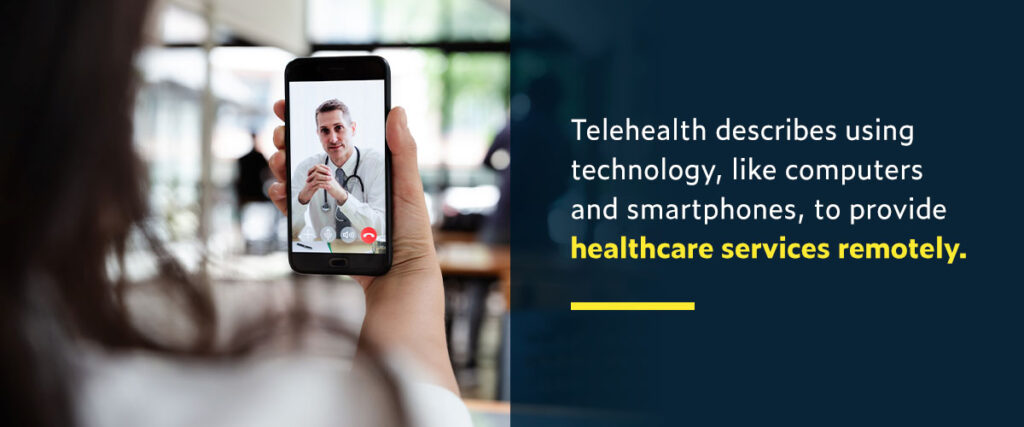Browsing the Future of Medicine With Subscription-Based Healthcare Provider
As the medical care sector advances, subscription-based solutions become a pivotal model promising to reshape individual care shipment. With the prospective to offer structured, economical solutions via foreseeable prices and individualized attention, these solutions stand at the forefront of modern-day clinical development. As we consider their rise, one must consider the implications of integrating such systems into existing health care structures. What obstacles do they pose in terms of information protection and equitable gain access to, and exactly how might they redefine the patient-provider connection? The answers to these concerns might essentially modify our method to medical care.
Increase of Subscription Health Care
As medical care systems all over the world face raising pressures from increasing expenses and demand for solutions, the introduction of subscription-based healthcare versions has become a transformative fad. This cutting-edge method is interfering with typical healthcare distribution by offering a predictable, flat-rate settlement framework for clinical services. Rooted in the principles of concierge medicine, subscription-based health care enables suppliers to concentrate on customized client care while concurrently taking care of functional efficiencies.
The boosting consumer demand for transparency and predictability in medical care expenses has actually driven the change towards this model. Subscription-based solutions commonly provide straight access to healthcare specialists, which can minimize the administrative worries connected with insurance claims and repayments.
This design is obtaining traction among varied medical care companies, from medical care medical professionals to specialized centers, by lining up financial incentives with constant and preventative care. By moving the focus from quantity to value-based care, registration medical care has the prospective to reshape the landscape, promoting an extra patient-centered and sustainable method to health administration.
Benefits for Clients

Additionally, subscription-based solutions typically highlight preventive care, encouraging routine exams and health testings. This positive method can lead to very early detection of wellness concerns, possibly enhancing results and minimizing long-term health care costs for individuals. Additionally, such models usually provide transparent prices, enabling clients to much better comprehend their healthcare costs and stay clear of unanticipated clinical bills.
The personalized nature of subscription-based healthcare additionally boosts individual experience. Clients can receive tailored medical care strategies that fit their particular needs, cultivating a much more patient-centric strategy.
Technology's Duty in Makeover

Fabricated intelligence (AI) plays a crucial function in predictive analytics, aiding in very early medical diagnosis and customized treatment strategies. AI algorithms evaluate vast datasets to determine patterns that may be ignored by human monitoring, therefore enhancing clinical decision-making. Electronic health documents (EHRs) improve individual information administration, guaranteeing continuity and coherence of care across different solutions and companies.
Blockchain modern technology enhances information security and personal privacy, important for maintaining patient count on digital platforms. It allows transparent and safe and secure deals of clinical data, guaranteeing that sensitive info continues to be protected. With the combination of artificial intelligence and AI, blockchain can automate complex healthcare processes, reducing administrative concerns.
Considerations and challenges
While innovation drives the abilities of subscription-based healthcare solutions, it additionally introduces a set of difficulties and factors to consider that have to be Full Report dealt with to make sure effective execution. One considerable challenge is the fair availability of these solutions. As registration models often count on digital systems, there is a risk of worsening the digital divide, leaving behind people without internet gain access to or digital literacy. Making sure these solutions do not overmuch benefit only tech-savvy and wealthy populations is important.
Data privacy and safety and security represent another vital factor to consider. Subscription-based solutions commonly involve the collection and storage of huge quantities of personal health information. Carriers should abide by strict information defense guidelines to maintain person trust fund and prevent unauthorized gain access to, which might lead to significant moral and lawful effects.
As medical care requires develop, maintaining a cost-efficient equilibrium between membership fees and service high quality is important to protect against person discontentment and attrition. Attending to these challenges is crucial as subscription-based medical care solutions continue to evolve and increase.
Future Effects for Medicine
Subscription-based health care services are positioned to considerably influence the future landscape of medication by improving how care is accessed and delivered. These models provide the possible to democratize health care accessibility, supplying people with more personalized and prompt treatments. By leveraging technology, such as telemedicine and data analytics, membership services can promote continual monitoring and tailored health monitoring, therefore improving end results and reducing the problem on conventional health care systems.
As these services gain grip, they might boost a shift towards preventative treatment, highlighting the significance of very early detection and monitoring of persistent problems. This aggressive strategy might eventually reduce healthcare costs by reducing the requirement for expensive treatments you can try here occurring from late-stage illness monitoring. Registration models offer a scalable solution to deal with differences in healthcare gain access to, specifically in country or underserved populations.
Nevertheless, the change in the direction of subscription-based versions requires resolving governing and moral factors to consider, consisting of information privacy and equitable access. As the sector develops, joint efforts between policymakers, technology developers, and health care suppliers will certainly be critical to establishing durable frameworks Click This Link that safeguard person rate of interests while cultivating innovation. Ultimately, these services guarantee to contribute significantly to an extra efficient, patient-centered medical care environment.

Conclusion
Subscription-based medical care services represent a substantial advancement in the medical field, offering foreseeable costs and customized treatment that boost accessibility and focus on safety nets. Technological advancements, such as telemedicine and AI-driven analytics, help with customized person experiences, improving general wellness outcomes. Difficulties such as data personal privacy and fair gain access to must be addressed to guarantee the prevalent advantages of these solutions. As the health care landscape develops, subscription designs are positioned to play an important role fit the future of medicine.
As the medical care industry progresses, subscription-based services emerge as a pivotal design guaranteeing to improve patient care distribution.As health care systems around the globe face enhancing stress from increasing costs and need for solutions, the development of subscription-based healthcare designs has emerged as a transformative pattern (subscription based healthcare).With the rise of subscription-based health care designs reshaping typical medical care shipment, clients are beginning to experience substantial benefits from this cutting-edge technique. As medical care requires evolve, preserving an economical equilibrium in between subscription fees and service quality is vital to stop individual frustration and attrition.Subscription-based medical care solutions are poised to considerably influence the future landscape of medication by improving just how treatment is accessed and provided